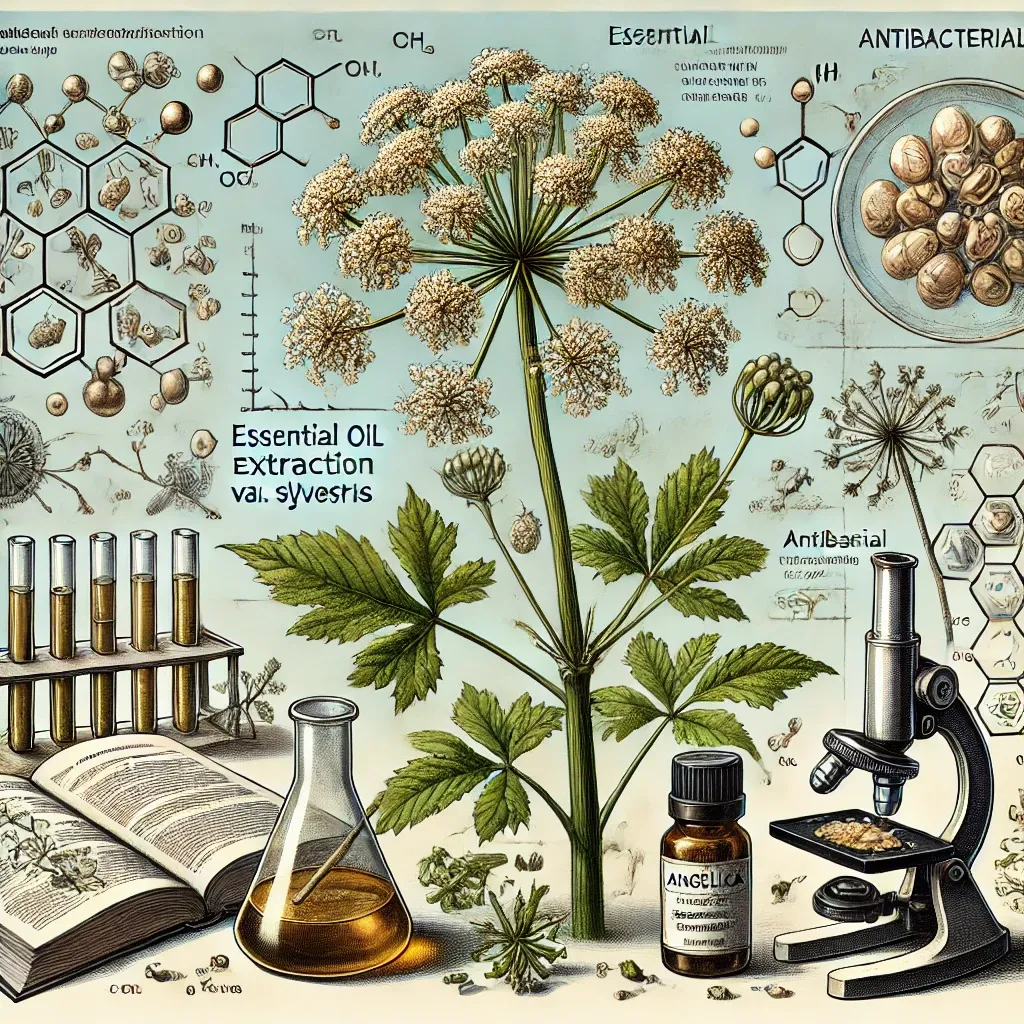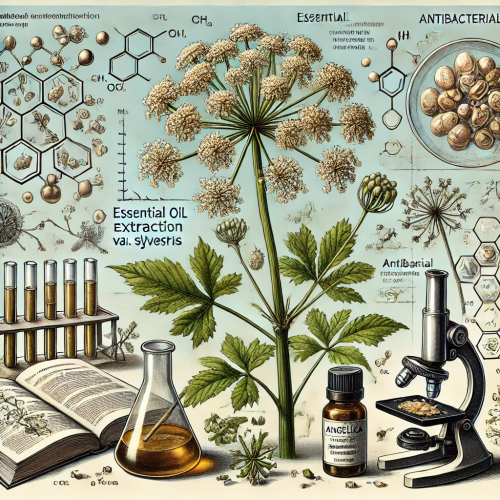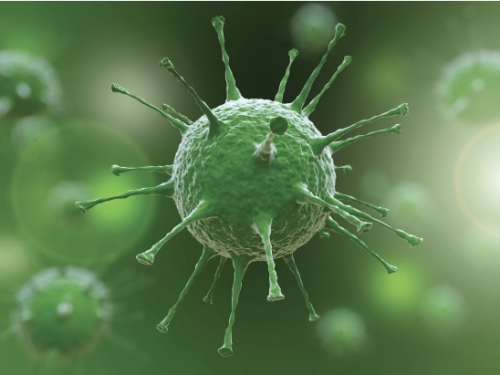Turkey's Medicinal Plant Angelica: New Discoveries and Its Medical Potential
Yapılış Tarihi | 05 February 2025, Wednesday

The Angelica species commonly known in Türkiye are increasing their taxonomic diversity with recent discoveries. Especially A. sylvestris and A. archangelica species draw attention with their medicinal uses and cultural significance. These plants are rich in essential oils and secondary metabolites, and are utilized in traditional medicine for properties such as antibacterial. Environmental factors and various applications affect the quality of these oils. Research on the cultivation of A. sylvestris var. sylvestris aims to provide new information on topics such as yield and antibacterial potential. These studies can provide significant contributions in both conservation and health fields.
Fruit Yield and Essential Oils of Cultivated A. sylvestris var. sylvestris
In this study, the fruit yield, essential oil composition, and antibacterial effects of culturally cultivated Angelica sylvestris var. sylvestris were examined by comparing them with plants grown in their natural habitats. The study provides important information about the essential oil and quality of the species. The perennial nature of the species and its ability to produce fruit every year indicate that it can be cultivated sustainably. Additionally, a high seed fill rate of 93.6% emphasizes the reproductive success and genetic conservation potential of the species. The research constitutes an important step for the more efficient use of Angelica sylvestris var. sylvestris in agricultural and pharmacological fields.
Angelica sylvestris var. sylvestris: Increased Antimicrobial Effect and Sustainable Future with Controlled Cultivation
Research on A. sylvestris var. sylvestris showed that the fruit yield and essential oil properties of cultivated and naturally grown plants are similar. Although there were some differences in oil content in the analyses conducted in 2020, a great harmony was observed in general characteristics. Antimicrobial activity tests revealed that cultivated plants showed a stronger effect. This proves that controlled cultivation enhances the antimicrobial properties of the oils. The research emphasizes that A. sylvestris var. sylvestris can be a sustainable resource and that controlled cultivation is more beneficial than collecting from nature. Additionally, the GC-MS analysis conducted highlights once again the importance of sensitive tests used in botanical research.
Study link: https://doi.org/10.1080/0972060X.2024.2389198
Diğer Haberler














